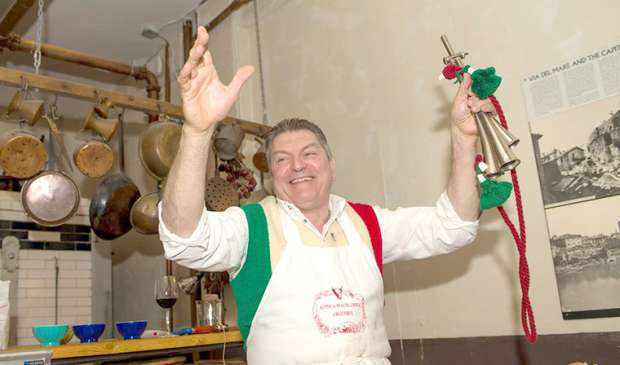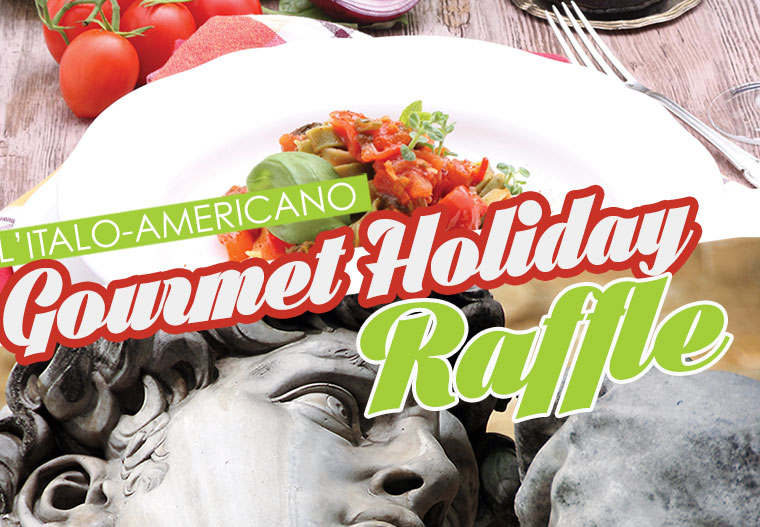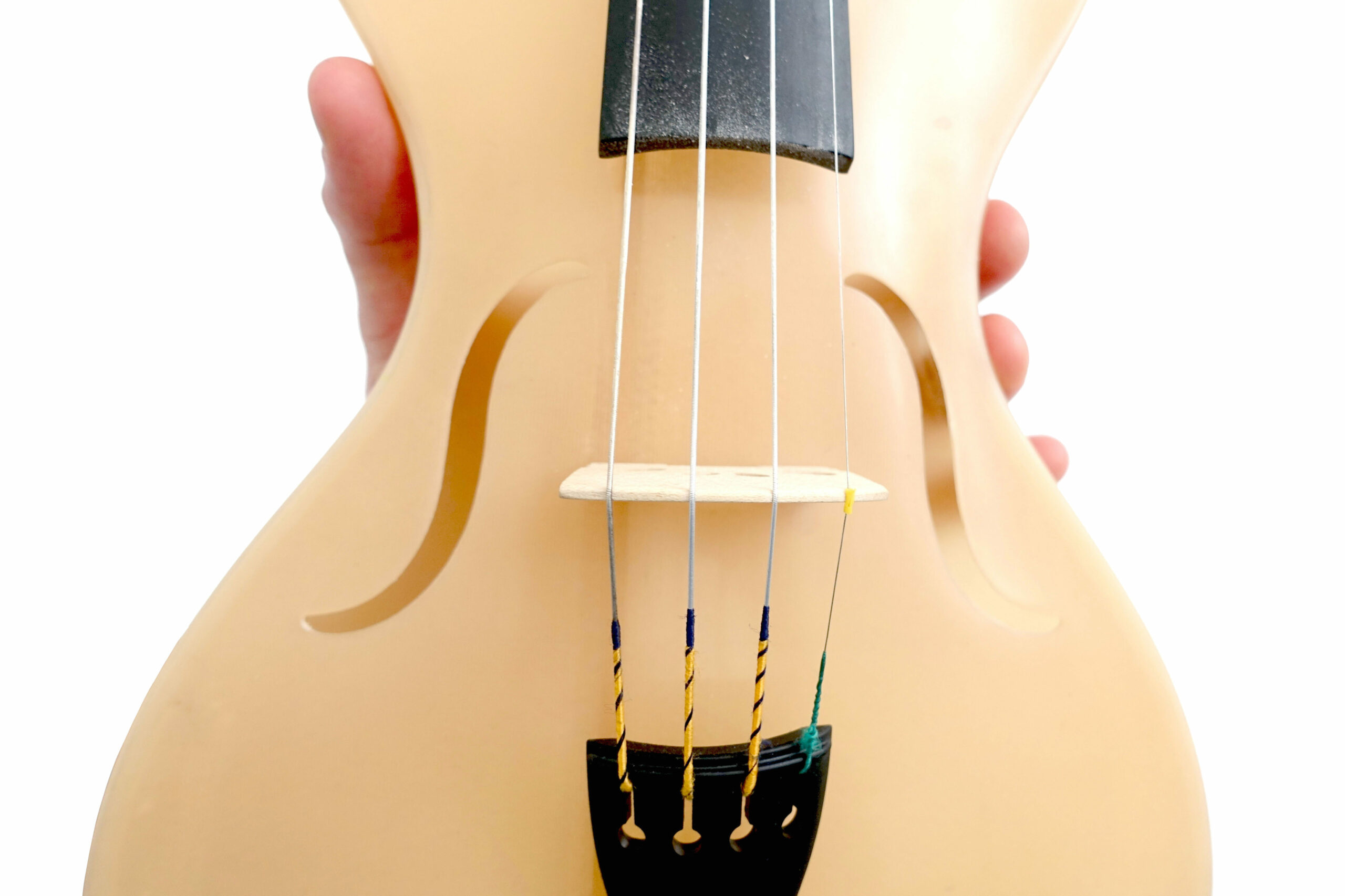San Francisco and the Bay Area welcomed a special guest for the First Week of Italian Cuisine in the World, that took place in over 100 countries in late November. Pinseria Montesacro, the San Franciscan restaurant making Roman-style pizza, hosted The Art of Butchery – A Porchetta Lunch with Dario Cecchini, the well-known Italian Master butcher.
The event gathered more than a hundred people who spent their lunch break watching and learning more about the making of the Roman porchetta, while tasting the in-house made pinsa bun and a glass of red wine.
The famous porchetta, savory, fatty, and moist boneless pork roast, is not only an Italian culinary tradition but is also a celebratory dish. Sold by pitchmen with the typically white-painted vans, especially during public displays or holidays, it comes together with a traditional panino. Nevertheless, the Roman Pinseria, with a baking oven from 1913, old tiled floors, and brick walls, turned into the perfect location for a demo show of Dario’s favorite cuts, Porchetta’s recipe, and the ethical consumption of animals.
Dario’s story is a mix of tradition, passion, and expertise that attract meat-lovers and fascinate all professionals from the industry. Assisted by his wife Kim, who acted as a translator, Dario Cecchini, born and raised in the Tuscan village of Panzano in Chianti, began: “I have been a butcher for 250 years because this is the time people in my family have been working as butchers.”

The legacy with the family surfaced throughout the presentation. Dario’s house was just across the street from the so-called “macelleria”, the center of such small villages and the place where locals meet and engage into conversation. Even though he decided to study Veterinary Science in Pisa, in 1976, during his third year of a six-year course, Dario had to quit school and take over the family business from his dying father, who represented the eighth generation of the Cecchini butchers. And he confessed: “I have been told that the first person I met when I was born was my dad in his lab coat. I consider it the sign of my destiny.”
What has made the Cecchini’s story different from any other family in the industry is the passion Dario has kept for the job, together with a countless respect towards animals. “We should all thank animals for providing our community with meat” – he said – “That’s why our first responsibilities are to guarantee them a happy living; give food and open spaces; secure a long life and a decent death for them.”
While his grandmother was spending most of the time cooking, Dario and his daughter grew up picturing animals as special creatures with five heads, four tails, ten feet. Almost forty years later, while he loves to recall memories of his childhood, Dario has become an international master butcher, aware that people today look for more than a family storytelling. That’s why experience and knowledge have shaped his own work philosophy: there are no “premium” and “lower”cuts of meat, but rather all the parts of the animal are useful if butchered and cooked in an appropriate way. The beef and the pork he offers at the butchery in Panzano are not of any specific breed. They are raised in Tuscany and in Catalonia, Spain, by people that he has known for over 20 years and he deeply trusts. Some other times, the beef can be of the Chianina breed, from the Manetti family and their Fontodi farm in Panzano in Chianti. “This is one last connection to the ancient world” he said. “Having respect for the animals, their life, their death, and using everything to the very last tendon with conscience is what I have been doing every day for the past forty years. I called myself a butcher from head to tail.”
The Art of Butchery has been one of the many successful events during the Week of Italian Cuisine in the Bay Area. As acknowledged by Italian Consul General, Lorenzo Ortona, he could not think of a better Ambassador of the Italian food culture than Dario. “He explains how simple Italian recipes were created, how crucial it was to use every piece of the meat, how the difference is made by genuine Italian ingredients.”
The Week of Italian Cuisine was created thanks to the cooperation between the Italian Consulate General of San Francisco, the Italian Cultural Institute, and Italian food expert and Chef, Viola Buitoni, who ended the celebrations with a culinary class on black truffle and a final dinner. “While these events represented a joint effort of the Italian Ministry of Foreign Affairs and International Cooperation and the Italian Ministry of Agricultural Policies, Food and Forestry, in order to promote premium Italian Cuisine in the world and to fight food counterfeiting, I hope that the collaborations we have built in these days will help make it become an annual appointment, if not a permanent one” Consul Ortona concluded.






























